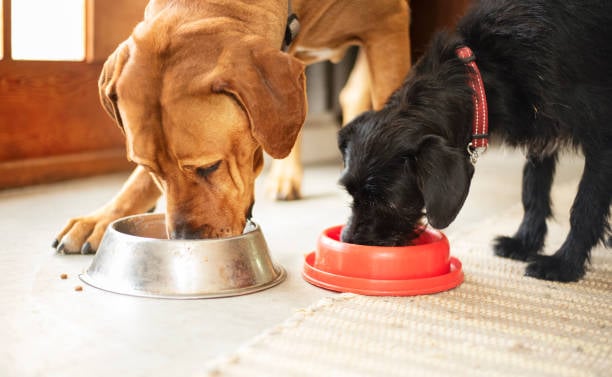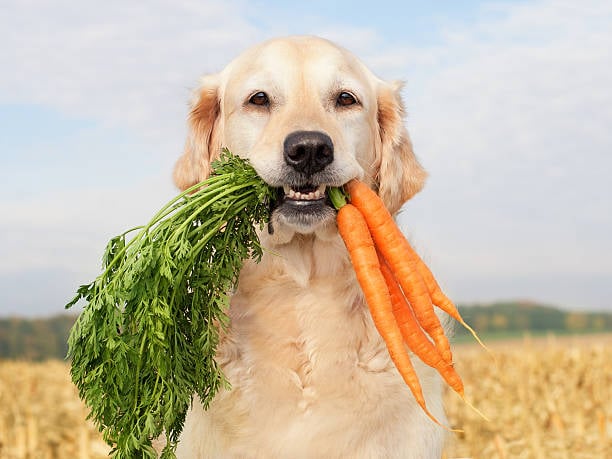In the world of dog care, dog nutrition takes center stage, given its direct impact on a dog's health, happiness, and longevity. However, the abundance of information, coupled with well-intentioned advice, has also given rise to numerous myths surrounding dog nutrition. These misconceptions can lead to dietary choices that might not serve the best interests of our canine companions. This blog post aims to shed light on some of the most pervasive dog nutrition myths, providing evidence-based insights to help pet parents make informed feeding decisions.

Myth 1: Dogs Are Strictly Carnivores
The Truth: While dogs have carnivorous traits, they are actually omnivores by nature. This means that a balanced diet including both animal proteins and plant-based nutrients can be beneficial. Dogs can digest and derive nutrients from fruits, vegetables, and grains, which can contribute to their overall health by providing a variety of vitamins, minerals, and fiber.
Myth 2: Grain-Free Diets Are Healthier for All Dogs
The Truth: Grain-free diets became popular amid concerns over grain allergies. However, grains are a valuable source of essential nutrients, and only a small percentage of dogs have a true grain allergy. Moreover, recent FDA investigations have linked certain grain-free diets to an increased risk of dilated cardiomyopathy (DCM) in dogs, highlighting the importance of a balanced diet that includes wholesome grains unless a specific allergy is diagnosed.
Myth 3: Raw Diets Are Superior to Cooked Food
The Truth: Raw diets, often comprising raw meat, bones, fruits, and vegetables, are touted for being "natural." While some dogs may thrive on a raw diet, it's not without risks. Raw foods can contain harmful bacteria like Salmonella and E. coli, posing health risks to both dogs and their human families. Nutritional balance can also be harder to achieve with raw diets. It's crucial to consult with a veterinarian or a veterinary nutritionist before opting for a raw feeding regimen.
Myth 4: Human Food Is Harmful to Dogs

The Truth: Not all human foods are harmful to dogs; in fact, many can be quite nutritious. Carrots, green beans, apples (without seeds), and plain, cooked chicken can be great low-calorie treats or additions to their diet. However, it's important to be aware of foods that are toxic to dogs, such as chocolate, grapes, onions, and xylitol (a sweetener found in many sugar-free products), and avoid feeding these to your pet.
Myth 5: More Protein Equals a Healthier Diet
The Truth: While protein is an essential part of a dog's diet, more is not always better. Excessive protein can be particularly problematic for dogs with certain health issues, such as kidney disease. It's important to provide a balanced diet that meets your dog's specific needs, which can vary based on age, size, activity level, and health status. Consulting with a veterinarian can help determine the right amount of protein for your dog.
Navigating the complex world of dog nutrition can be challenging, but it's crucial for the well-being of our beloved pets. By debunking common myths and relying on evidence-based information, pet parents can make educated decisions about their dogs' diets. Remember, every dog is unique, and what works for one may not work for another. Consulting with veterinary professionals can provide tailored nutritional advice, ensuring your dog receives the balanced, wholesome diet they need to thrive.
Start a free trial with Revelation Pets to see how much easier managing your pet-care business can be.






